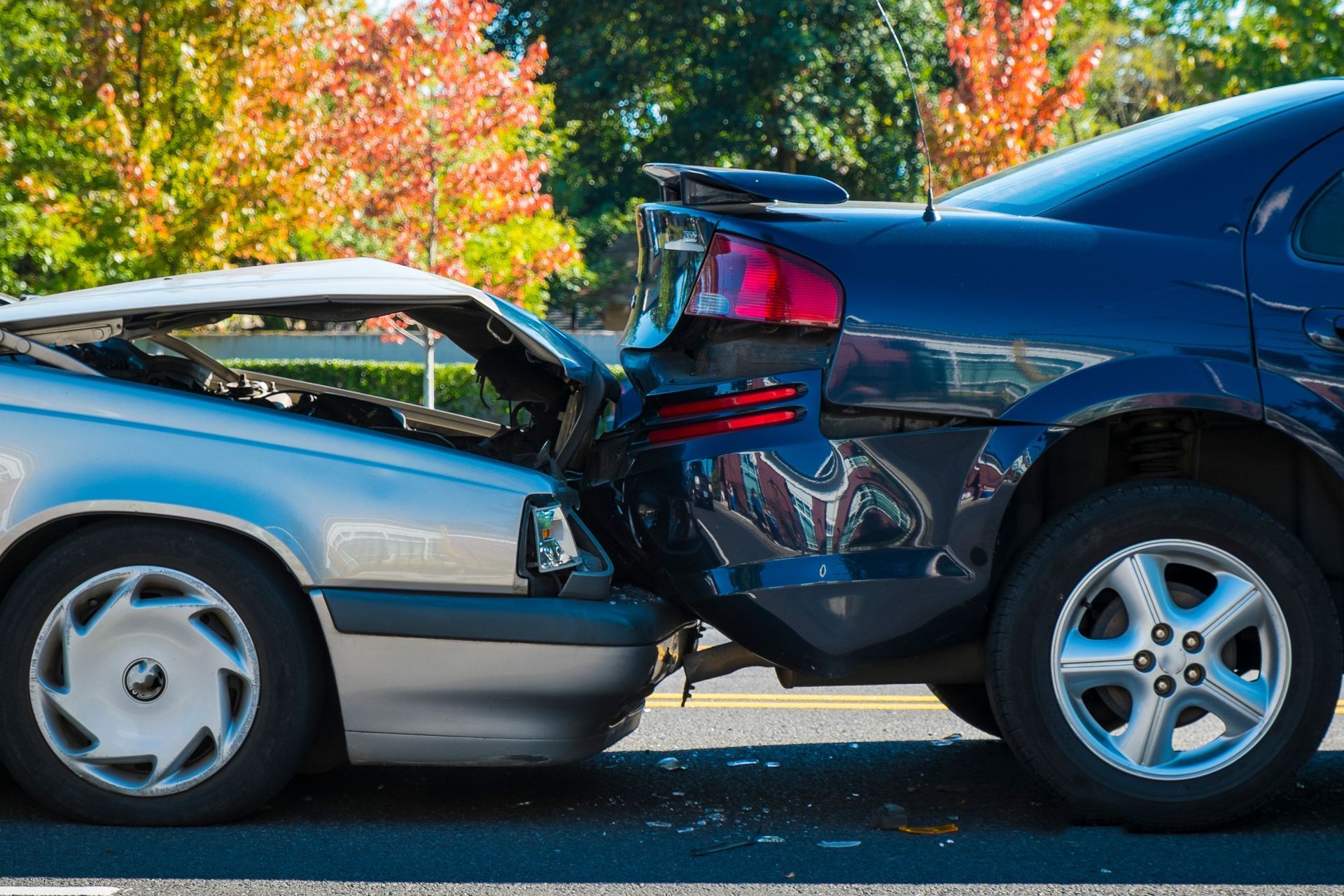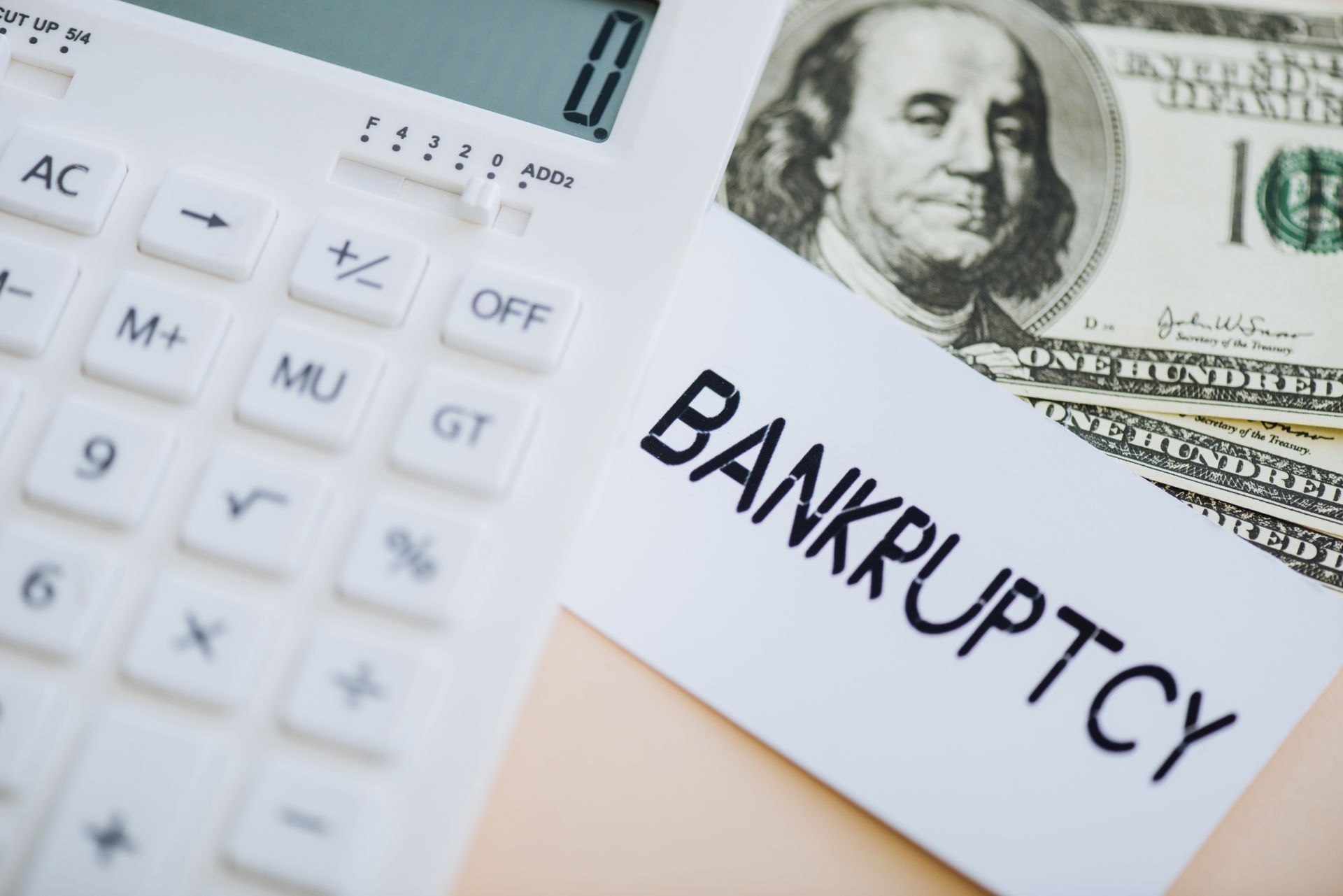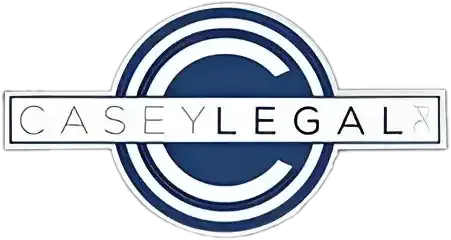Co-Signers and Bankruptcy: How They're Affected in Chapter 7 vs. Chapter 13
Co-Signers and Bankruptcy: How They're Affected in Chapter 7 vs. Chapter 13
When you co-sign a loan or credit agreement for a friend or family member, you agree to take on the responsibility if they fail to repay the debt. However, what happens if the primary borrower files for bankruptcy? Co-signers can face serious consequences, whether Chapter 7 or Chapter 13 bankruptcy. In this post, we'll discuss how co-signers are affected in each type of bankruptcy proceeding and what protections may be available.
Chapter 7 Bankruptcy: A Complete Discharge of Debts
In Chapter 7 bankruptcy, the debtor's non-exempt assets are liquidated to pay off as much debt as possible. This process generally results in a discharge of most unsecured debts, such as credit cards and medical bills. But for co-signers, this can create challenges. Since the discharge doesn't extend to co-signers, they are still responsible for the loan. If the primary borrower is unable to make payments, the co-signer could be pursued by creditors for the remaining balance. However, the creditor may not immediately pursue the co-signer after the bankruptcy is discharged. In some cases, co-signers may be able to work out a repayment plan with the creditor to avoid further action.
Chapter 13 Bankruptcy: A Repayment Plan with Protections for Co-Signers
Unlike Chapter 7, Chapter 13 bankruptcy involves a repayment plan where the debtor agrees to pay back a portion of their debts over three to five years. Co-signers are typically protected during this process. Since the debtor still makes payments under the court-approved plan, creditors cannot immediately pursue the co-signer for repayment. The automatic stay, which halts all collection actions, also applies to co-signers in Chapter 13 cases.
However, if the debtor fails to stick to the repayment plan, creditors may still try to collect the debt from the co-signer. Co-signers should stay informed about the debtor's progress in Chapter 13 to mitigate any future risks.
Co-Signer Release and Bankruptcy
Co-signers may be able to remove themselves from liability altogether. However, this depends on the terms of the loan agreement and the type of bankruptcy. In Chapter 13, it's possible for a debtor to propose a settlement that releases the co-signer from the debt. In Chapter 7, co-signers typically have no such relief unless they negotiate directly with the creditor. It’s important for co-signers to explore all possible options with legal counsel if they wish to be released from liability.
Legal Options for Co-Signers: Protecting Yourself
Co-signers who find themselves at risk of financial harm due to a bankruptcy filing have a few options for protection. The most effective way to protect yourself is to seek advice from an attorney who can help you explore potential legal remedies. This could include negotiating directly with creditors, seeking a modification of the loan terms, or taking action during bankruptcy proceedings to reduce the impact on your finances.
Whether you're a co-signer for someone filing Chapter 7 or Chapter 13 bankruptcy, it's important to understand how these proceedings could impact you. Chapter 7 presents risks of creditor pursuit, while Chapter 13 offers some protection during the repayment period. Co-signers should work closely with a legal professional to explore their options and safeguard their financial interests. Let us help you evaluate your options in bankruptcy proceedings. At Casey Legal, P.C., we provide experienced legal counsel to individuals and co-signers dealing with bankruptcy issues. Contact us today to schedule a consultation in Newport News, Virginia.










